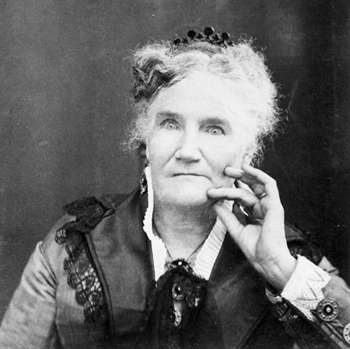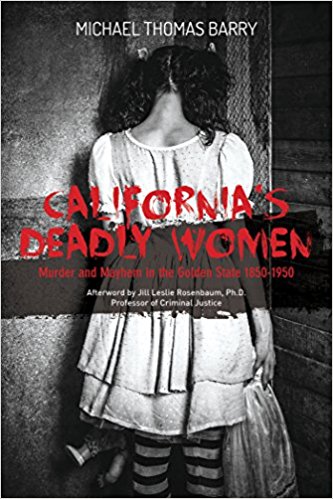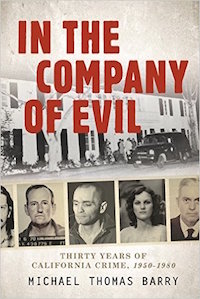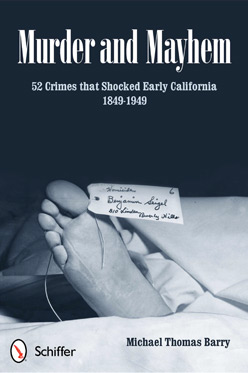03.30

This week (March 3- April 5) in crime history – President Ronald Reagan was shot (March 30, 1981); Acquittal in the Manhattan Well Mystery case (April 1, 1800); Mob boss John Gotti was convicted of murder and racketeering (April 2, 1992); Esther Morris the first female judge in U.S. history died (April 2, 1902); Outlaw Jesse James was murdered (April 3, 1882); Bruno Hauptmann was executed (April 3, 1936); Unabomber was arrested (April 3, 1996); Martin Luther King Jr was assassinated (April 4, 1968); Ethel and Julius Rosenberg were sentenced to death for spying (April 5, 1951)
Highlighted Story of the Week –
On April 2, 1902, Esther Morris, the first woman judge in American history, died in Cheyenne, Wyoming. Although she is widely celebrated as a hero of the early suffragist movement, Morris was hardly a radical advocate for women’s rights. She spent the first 55 years of her life living quietly in New York state and Illinois. In 1869, she moved to Wyoming Territory with her second husband, who had opened a saloon in the gold mining camp of South Pass City.
That same year, a territorial representative from South Pass City introduced a bill giving women the right to vote and hold public office. Eager to promote territory and to attract more women settlers, the all-male territorial legislature approved the bill, making Wyoming the first territory or state in American history to enfranchise women. One of the strongest backers of the new law was the territorial governor, John Campbell. Eager to take more actions to further women’s political power, in early 1870 Campbell began to search for women qualified and willing to be appointed as justices of the peace. Morris became Campbell’s first and only successful appointment.
Hailed by American suffragists as the first female judge in the world, Morris does not appear to have been a dedicated activist for women’s rights. Appointed to serve out the term of a man who had resigned, Morris only worked for nine months as a justice of the peace. During that time she competently handled over two dozen cases. After she retired from the post in November 1870, however, Morris never again sought public office. When later asked about the issue of women’s suffrage, Morris replied that women would do well to leave the matter in the hands of men. Like many women of the time, Morris supported women’s rights, but she believed a gradual approach would prove most successful.
Despite her reluctance to be revered as an activist, Morris has often been celebrated as an important symbol of women’s rights. Nearly two decades after she died in 1902, a witness claimed that Morris had pushed for the introduction of the original bill granting women the vote in 1869, though other evidence contradicts this claim. Nonetheless, as the “first woman judge,” Morris has continued to be a symbol of the long battle for women’s rights in America. Bronze statues at the U.S. Capitol and in Cheyenne honor her memory.
Check back every Monday for a new installment of “This Week in Crime History.”
Michael Thomas Barry is a columnist for www.crimemagazine.com and is the author of six nonfiction books that includes Murder and Mayhem 52 Crimes that Shocked Early California, 1849-1949.











